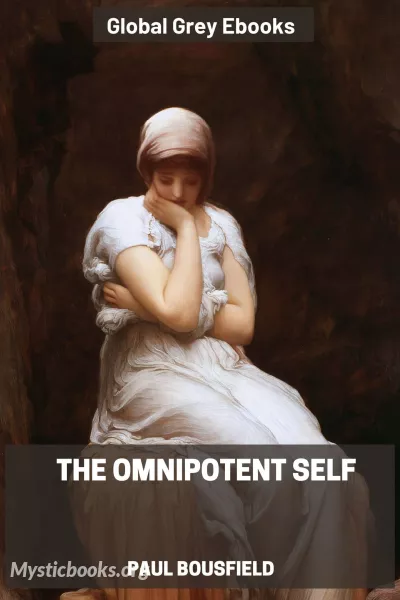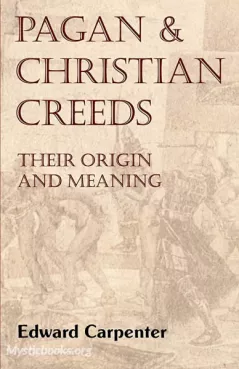
The Omnipotent Self
'The Omnipotent Self' Summary
The Omnipotent Self by Paul Bousfield is a thought-provoking exploration of the human psyche and its potential for great power and influence. This book delves into the idea of the self and its ability to shape our lives and our world. It examines the power of the mind and the ways in which it can be used to bring about positive change and growth. The book also looks at the ways in which the self can be manipulated by external forces, and how this can lead to a loss of control. Ultimately, The Omnipotent Self encourages readers to take responsibility for their own lives and to use their power for good.
The book explores Paul Bousfield's concept of 'omnipotence', or the belief that we can create the reality we desire. He discusses the power of our minds and beliefs, and how they can be used to create change and growth in our lives. He also examines the ways in which our beliefs can be manipulated by external forces, and how this can lead to a loss of control. The book also looks at how to use the power of the self to take back control and create the life we want.
The Omnipotent Self is an eye-opening read that encourages readers to take responsibility for their own lives and use their power for good. It encourages readers to be mindful of the ways in which their beliefs and actions can be manipulated by external forces, and to take back control and create the life they want. Paul Bousfield's book is a must-read for anyone interested in the power of the self and its ability to shape our lives and our world.
Book Details
Language
EnglishOriginal Language
EnglishPublished In
1923Genre/Category
Tags/Keywords
Authors
Paul Bousfield
England
Paul Bousfield (1909-1996) was an English author, editor, and illustrator. He was born in Manchester but later moved to London, where he worked as an editor and illustrator for various publishing comp...
Books by Paul BousfieldDownload eBooks
Listen/Download Audiobook
- Select Speed
Related books

Pagan & Christian Creeds: Their Origin and Meaning by Edward Carpenter
This is a compelling examination of the historical origins and profound significance of pagan and Christian religious creeds. Written by the renowned...

The Privilege of Pain by Caroline Kane Mills Everett
We have seen that as mankind rises in the scale of civilization the body becomes increasingly less important. Nevertheless, I wish it to be clearly un...

The New Organon by Francis Bacon
The Novum Organum is a philosophical work by Francis Bacon published in 1620. The title translates as "new instrument". This is a reference to Aristot...

As A Man Thinketh by James Allen
As A Man Thinketh By James Allen : Application of Law of Attraction : This little volume (the result of meditation and experience) is not intended as...

Honey-Bee by Anatole France
This captivating tale takes readers on a remarkable exploration of intellectual curiosity, societal norms, and the power of human connection. Anatole...

Dynamic Thought; Or, The Law of Vibrant Energy by William Walker Atkinson, Theron Q. Dumont
Harness the power of your thoughts to create the life you desire. Dynamic Thought; Or, The Law of Vibrant Energy is a classic guide to the power of t...

Eva – Lilith by Bruno Ertler
„Eva – Lilith“ von Bruno Ertler ist ein Gedichtband, der sich mit verschiedenen Facetten der Liebe auseinandersetzt. In drei Abschnitten erkundet der...

Thoughts Are Things by Prentice Mulford
Thoughts are Things, authored by Prentice Mulford, is one of the earliest books espousing New Thought teaching. This book contains information on how...

Mental Efficiency – Mental Exercises by Arnold Bennett
Mental Efficiency , a light hearted yet thought-provoking collection of articles, Bennett offers his thoughts on exercising the mind, organising your...

A Guide to Health by Mohandas Gandhi
Mahatma Gandhi, known today as a fascinating political leader and pacifist, also considered himself "something of an authority on matters of Health an...
Reviews for The Omnipotent Self
No reviews posted or approved, yet...